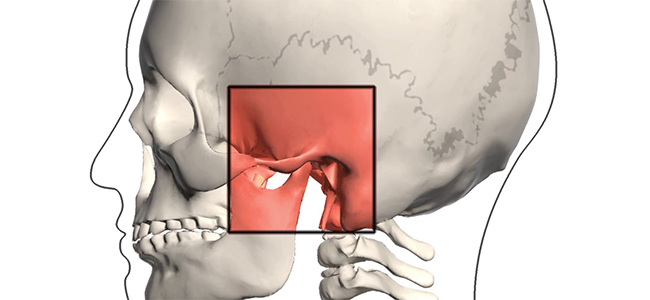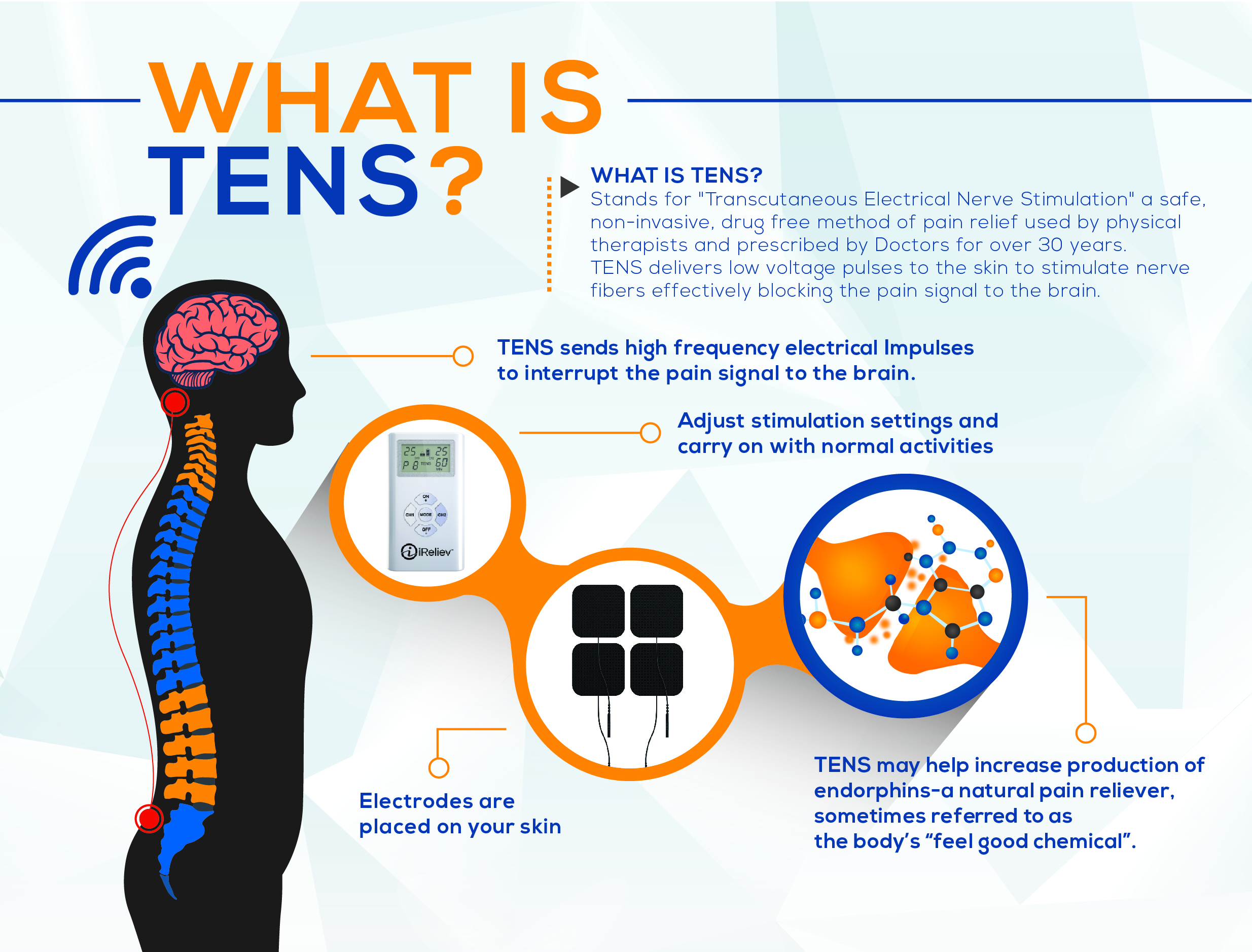The specific physical causes of TMJ are still somewhat of a mystery. However, there are several events and physical habits that can cause a person to develop TMJ. One of the most common causes of TMJ is the habit of grinding or clenching one’s teeth. Many people do this unconsciously under stress or out of habit. Tons of people even grind their teeth in their sleep and may have to wear a mouth guard as a result. With that in mind, stress itself can lead to TMJ because of the unconscious physical reactions a person has towards the anxiety. People with arthritis or people who have experienced injury to the head or neck might also be more susceptible to TMJ.

How is TENS Therapy Effective in Treating TMJ?
The reason why using a TENS unit for TMJ is effective is because TENS therapy works by blocking pain signals from the brain. With that being said, TENS itself is not enough to cure a person’s case of TMJ. It does not have what it takes to relieve the stress that might cause tension in the jaw. It is not equipped to heal the joint after injury. However, using a TENS unit for TMJ can still be a safe, non-invasive, and immediately effective way to find pain relief.
TENS therapy blocks the pain signals with a method known as gate control theory. This theory says that both painful and nonpainful signals cannot travel to the brain’s receptors at once. So if nonpainful inputs are activated, they close the gate to the painful inputs. TENS replaces painful signals with a pleasant, massage-like tingling sensation. TENS is also known to trigger the release of endorphins, the body’s natural painkiller, which will also help relieve TMJ.

TENS Unit Pad Placements for TMJ
There are many TENS units on the market that are safe to use at home. However, TENS unit placement for TMJ should be followed closely as it’s not always safe to place TENS electrode pads above the neck and shoulders without the supervision of a professional. TENS electrode pads can be placed on each temporomandibular joint, as well as at the neck below the base of the head. This placement can help relieve several of the symptoms that come with TMJ like headaches, neck pain, and back pain. If you’re considering using TENS unit placement for TMJ other than this, we recommend consulting with your dentist. However, with careful placement it is possible to find long-lasting relief with the use of a TENS unit for TMJ.
Disclaimer: While we do promote TENS therapy as an effective and non-invasive form of pain relief, the information contained in this blog is for general information purposes only. We recommend seeking the advice of a medical professional before proceeding with self-treatment.

